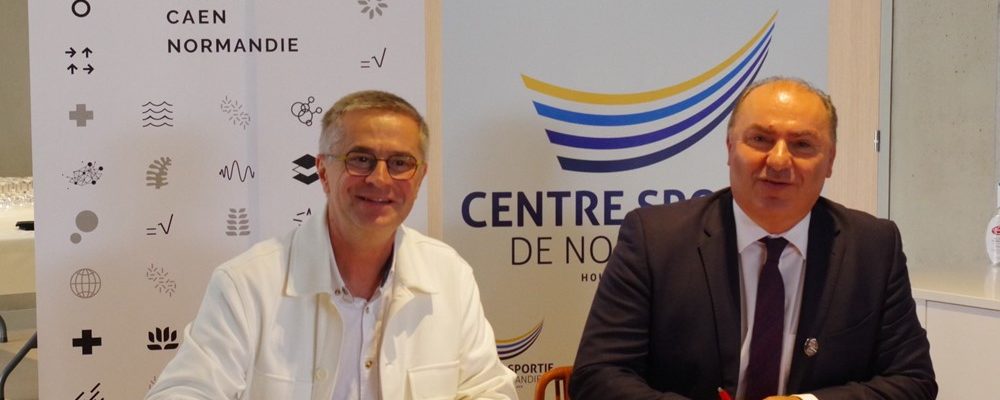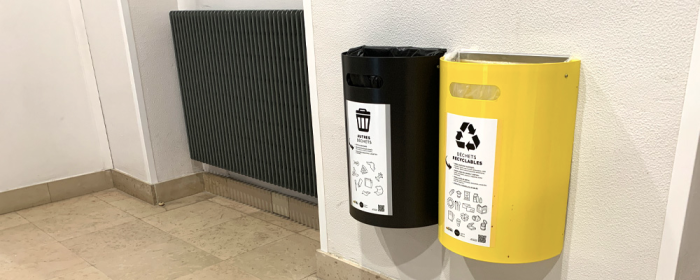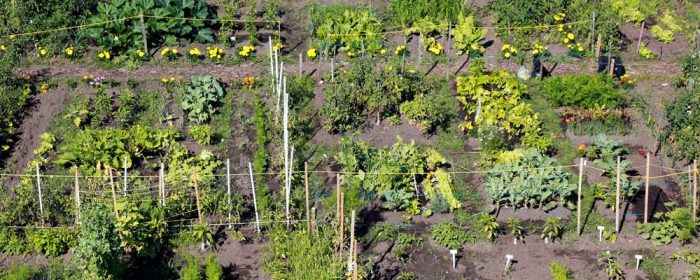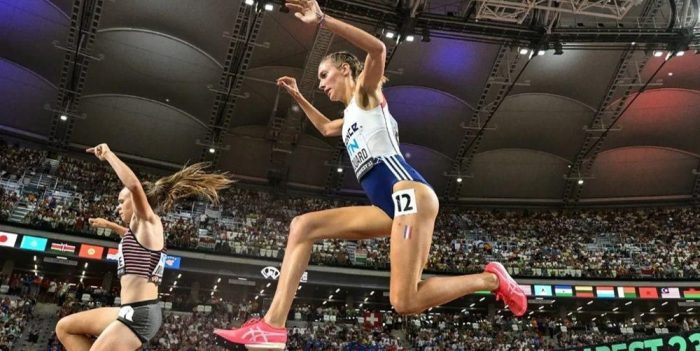At the regional launch of the Fête de la science in Normandy on Monday 9 October, the University of Caen Normandy and the Normandy Sports Centre signed a partnership agreement committing both institutions to the development of research and training.
With the Olympic and Paralympic Games just a few months away in Paris, sport is more than ever at the heart of the university’s priorities. This agreement commits the two organisations to a win-win partnership: the Normandy sports centre, in its capacity as a training and preparation centre for top-level sportsmen and women; and the university, whether by supporting them throughout their training or through strong, multi-disciplinary research into the sciences and techniques of physical and sporting activities.
Today, with the signing of this agreement, the University of Caen Normandy is joining forces with the Normandy Sports Centre to set up a high-performance ‘campus’ ecosystem to serve Normandy’s athletes through areas such as athlete support, training, research and innovation. We are delighted with this agreement, which lays the foundations for a new impetus for top-level sport in Normandy and, more generally, for the Normandy sports ecosystem.
Lamri Adoui, President of the University of Caen Normandy, with Jean-Manuel Cousin, President of the Normandy Sports Centre
At the University of Caen Normandy, multi-disciplinary research in the sciences and techniques of physical activities and sport (STAPS) focuses on all themes related to sport and physical activities in sport and the arts (APSA), as well as science and technology, the humanities and social sciences, and the sciences of human behaviour and movement.
The Vertex and GREYC research units are also heavily involved in cutting-edge research, with the former studying human adaptation capacities under real-life conditions in constraining environments (based on chronobiological, sensory and emotional criteria) and the latter in data science.






